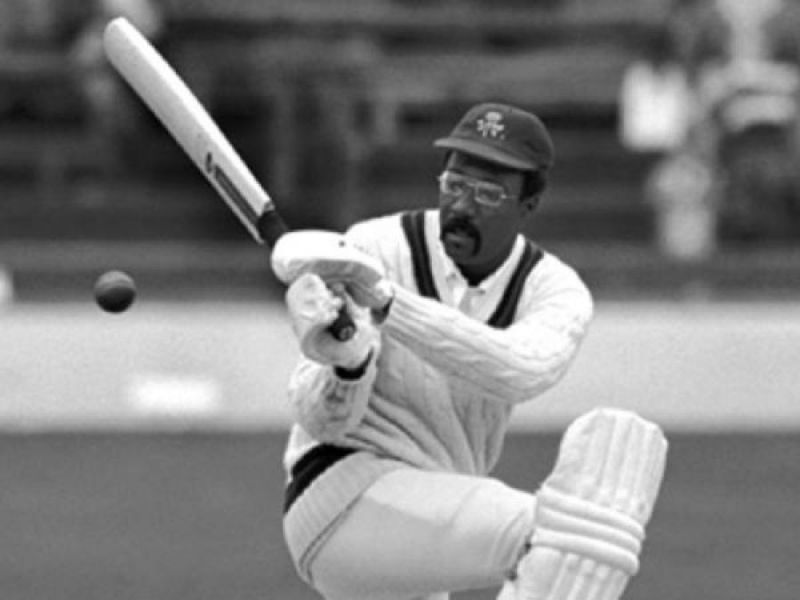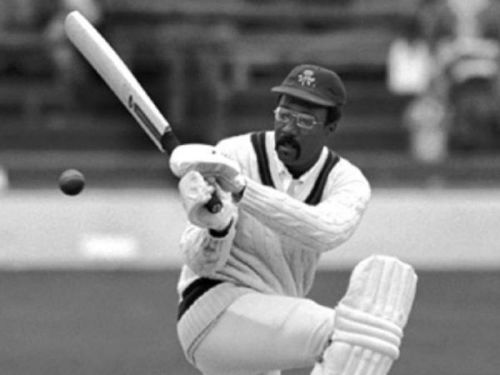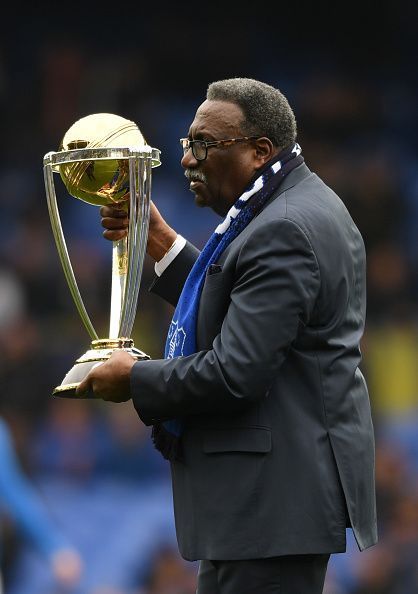
3 most impactful centuries of the 20th century

Centuries have often been the most prevalent benchmark the performance of a batsman in any form of cricket. The advent of limited overs cricket since 1971 may have shifted a part of the concentration of cricket analysts from centuries to quick fire half centuries, but even till today, the number of centuries scored by a particular batsman in his entire career, becomes a major parameter, while comparing all-time greats and legends of the game.
While, we cricket fans are left spellbound by the number of centuries scored by legends like Sachin Tendulkar, Virat Kohli, Jacques Kallis, Kumar Sangakkara, rarely do we pay attention to the quality of a century i.e. the match situation, the challenging pitch conditions that the batsman had to battle through, and bowling attack he had to counter, in order to get to the century.
In very sparse occurrences, specific centuries have remained in record books for their sheer brilliance like Gundappa Vishwanath's majestic 139 in Calcutta Test 1974 or Sir Viv Richard's brutal 189 against England in 1984. Hence, barring the exceptions, our general trend is to assign the same weight to all centuries, notwithstanding the impact that a specific century might have had on world cricket.
In this account, 3 centuries have been shortlisted from all the matches played between 1901 and 1999, as the knocks that changed and made the game, the one we all are familiar with. These centuries had not only been exceptional performances from the batsmen on that given day, but they have also had a significant effect on the history of cricket. In fact, all these centuries have had a major role to play in the present standing of cricket in the sports world.
#3. Clive Lloyd (102) West Indies vs Australia 1975 World Cup Final, Lord's

Background of the Match: Australia and England had played the first limited overs international match on 5th January 1971, at the MCG. However, the ever so conservative cricketing world was averse to any change from the traditional 5-day format of the game. As a consequence of that, in between January 1971 and June 1975, there were only 18 ODI matches organized by ICC.
It was becoming increasingly prominent, that there had to be a watershed move from the cricketing council, to prevent ODI cricket from dying a premature death. Thus the World Cup of 1975, was in many ways, a desperate effort to globally recognize limited overs cricket and more importantly, an attempt to broaden the cricketing audience, outside the posh intellectual circle.
Australia and West Indies made their way to the grand final of the first ever cricket world cup. It had been quite a docile tournament so far, with the odd good competitive matches, smeared with a lot of one-sided dead rubbers in between. The tournament had been a good dose of high-quality cricket in patches, but nothing path-breaking, as the ICC was expecting it to be. Under these circumstances, the final of the Prudential World Cup began.
Course of the Match: Ian Chappell won the toss and put the West Indies into bat, on a nice June afternoon at a full-house Lords. Lillee and Thompson breathed fire like they so often did in their prime and removed the illustrious top 3 of Frederick, Kalicharran, and Greenidge, in no time, with a mere 50 runs on the board. Out came the 'big cat' of West Indian cricket, Lloyd at No. 5 and joined hands with Rohan Kanhai. What followed in the next 100 minutes was carnage and demolition at its supreme best.
Clive Lloyd clipped and pulled and hooked, as the pace quartet of Dennis Lillee, Jeff Thompson, Max Walker, and Gary Gilmour looked on, in desperation. Lloyd scored a century in 100 minutes, off just 85 deliveries, mauling the much famed Australian attack, at the Mecca of cricket. Such was the dominance of Clive, in the innings, that the legendary Rohan Kanhai was reduced to look a pale shadow at the non-strikers' end.
Finally, when the onslaught ended, the Windies had cruised to an above par total of 291, leaving the demoralized Aussie batting line-up to chase a steep target of 292, for winning the first ever cricket world cup. Australia fought hard, but fell short of the target by a mere 17 runs
Historical Importance: Contemporary staunch critics of ODI cricket claimed that the limited overs version of the game was just a circus. Had it not been for this century by Lloyd, ODI cricket would have died in the annals of history, with the inaugurating cricket World Cup. This 85-ball-inning made the cricket world sit up and take notice. Cricket started spreading beyond the restricted circle of steadfast purists and the cricketing euphoria started gripping the world